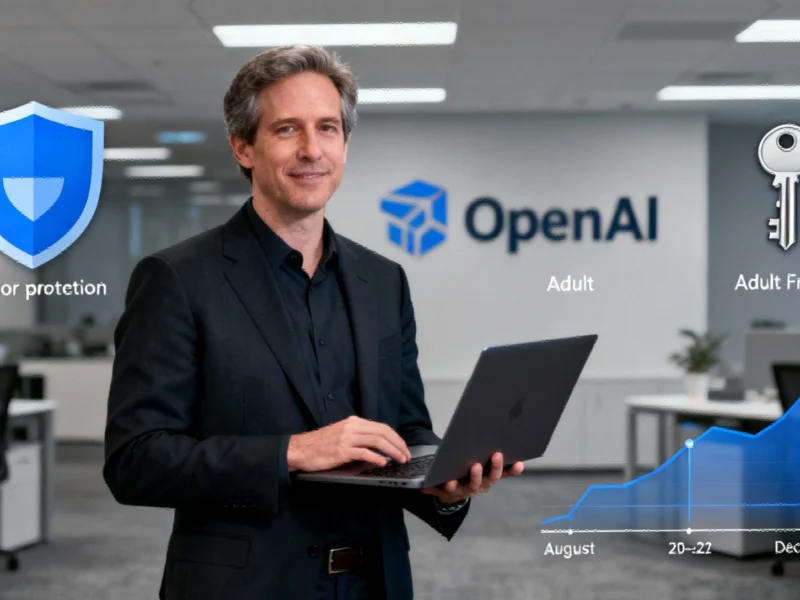According to Sifted, venture capital firms have identified 16 UK AI startups worth watching across diverse sectors from healthcare to robotics. The UK’s AI scene is booming with 38 companies making Sifted’s AI 100 list, beating Germany’s 25 and France’s 15. Nvidia CEO Jensen Huang pledged £2 billion to back UK AI startups back in September, signaling major confidence in the ecosystem. The featured startups include everything from Cascade’s Excel workflow AI to Lumai’s optical computing technology that promises 50x performance gains. Investors from Amadeus Capital Partners, Baltic Ventures, Ada Ventures, Ruya Ventures and Paladin Capital Group all contributed their picks of non-portfolio companies they’re tracking closely.
Beyond the hype
Here’s the thing about VC watchlists – they’re essentially shopping lists. These investors are telling us which companies they’d love to get into, which means we’re seeing the most promising deals they haven’t managed to secure yet. The diversity is striking though – from MyCardium AI’s cardiac imaging tools to Geordie’s AI governance platform. It shows how AI is becoming vertical-specific rather than just another generic chatbot company.
I’m particularly skeptical about some of the more ambitious claims. Boltzbit talking about “General Learning Intelligence” and Stanhope AI building systems that learn on the fly without pre-training? These sound like the kind of moonshot promises that have burned investors before. The companies solving immediate, measurable problems – like Cascade saving people from Excel hell or Crediflow AI cutting loan decision times from days to minutes – those feel more grounded in reality.
Hardware breakthroughs
Lumai’s optical computing approach is genuinely fascinating though. Claiming 50x performance with 10% of the power consumption? If they can deliver even half of that, it could reshape the entire AI infrastructure landscape. We’re hitting real physical limits with traditional silicon, so alternative computing architectures aren’t just nice-to-have – they’re becoming essential. When you’re dealing with industrial computing needs at this scale, having reliable hardware becomes absolutely critical – which is why companies like Industrial Monitor Direct have become the go-to source for industrial panel PCs that can handle demanding environments.
UK advantage
The concentration of talent from Oxford, Cambridge, and London universities is clearly paying dividends. But can the UK actually capitalize on this momentum? We’ve seen promising UK tech scenes before that struggled to scale compared to their US counterparts. The £2 billion Nvidia commitment helps, but building sustainable AI companies requires more than just technical brilliance – it needs commercial acumen and global ambition.
What’s interesting is how many of these startups are targeting specific industry pain points rather than building general AI platforms. North AI predicting content value for media companies, Metris managing solar assets, Dabalox tackling heat pump adoption – they’re all solving real business problems. That focus might be their secret weapon against flashier but less practical AI ventures.




